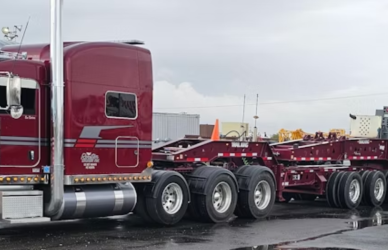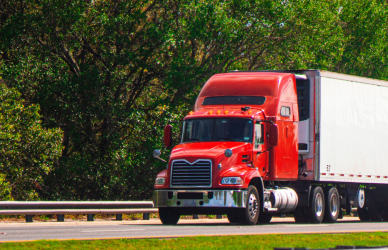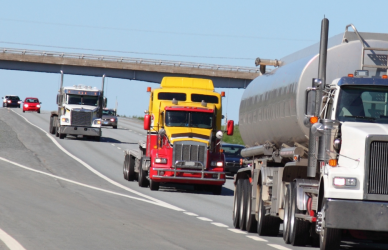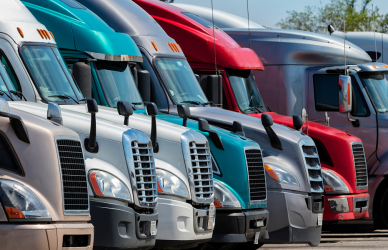In exploitative lease-purchase arrangements, mandatory maintenance becomes an additional avenue for motor carriers to profit at the expense of truck drivers. Task force member Paul Cullen Jr. highlighted instances where lease-purchase agreements compelled truckers to have maintenance performed exclusively at the carrier’s facility.
“Some carriers make them use preferred maintenance places,” said Cullen Jr., an attorney with the Cullen Law Firm. “It means the driver isn’t able to shop around for a better price. Some even go as far as using their own maintenance shop, and the driver is locked into a price.”
The purpose of the Truck Leasing Task Force is to address and prevent predatory lease-purchase agreements within the trucking industry. These agreements involve a carrier leasing a truck to a driver while maintaining significant control over operations. In some cases, drivers have reported owing money to the carrier at the end of pay periods.
The focus of the meeting was on how these agreements impact truck maintenance. Truck drivers operating under such arrangements are entirely dependent on the motor carrier for income while simultaneously making payments on the leased truck. Maintenance often becomes an additional area of deductions for the driver.
Cullen emphasized that at the conclusion of the lease agreement, carriers commonly impose multiple maintenance fees without providing evidence of completion.
“Many carriers concoct deductions at the end to zero out the balance,” he said. “The end of the relationship is often the last insult.”
Jim Jefferson, representing the Owner-Operator Independent Drivers Association, shared a story of a truck driver whose lease-purchase agreement ended unfavorably.
“We have a member who made all of the payments only to find out that he owed $30,000 in maintenance fees and never ended up completing the lease-purchase,” Jefferson said.
Steve Viscelli, an economic sociologist at the University of Pennsylvania and task force member, noted the rarity of drivers under these agreements eventually owning the truck.
“Drivers are making that investment because they believe they are getting equity in the truck and are eventually going to walk away with the truck,” Viscelli said. “But the success rates are really low.”
As a result, truckers invest money in preventive maintenance for a vehicle they are unlikely to own, and costly repairs can trap them in a financial hole.
“No revenue is coming in when the truck is down, but that lease payment is still going, and then there are the repair costs,” he said.
Established through a provision in the 2021 Infrastructure Investment and Jobs Act, the Truck Leasing Task Force, now in its third meeting, aims to make recommendations to the FMCSA once it completes its assigned duties.
Source: Land Line











